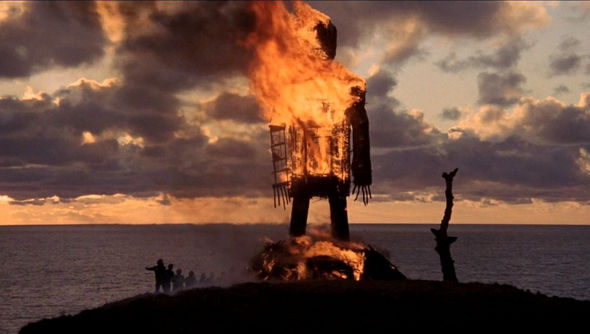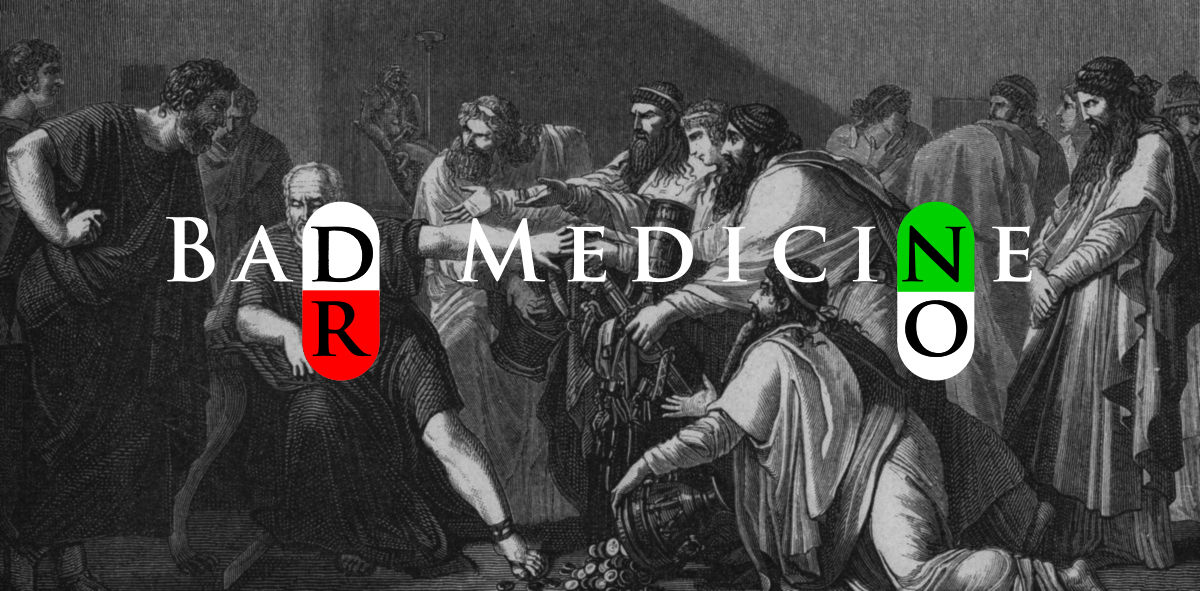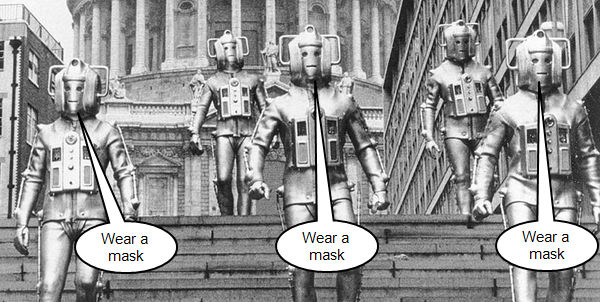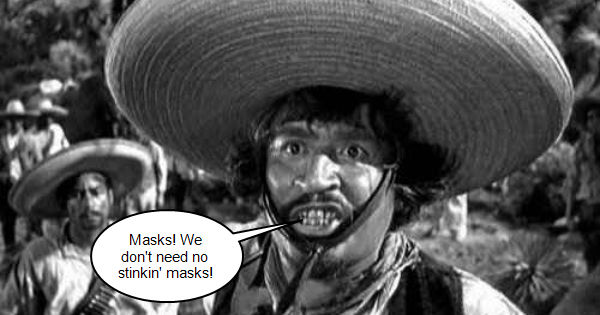
There have been some crackles in recent days on twitter, as the Bangladeshi mask trial caught light again. The crackling started with the publication of a ‘short note‘ that provided a ‘simple analysis’ of the recently released raw data from the Bangladeshi trial that claimed that, given the new ‘simple analysis’, the trial failed to show any covid protection benefit from mask wearing. Not content with blowing holes in masks, the authors of the ‘simple note’ also report that they did nonetheless find some other highly significant differences between the intervention and control groups, including one that could introduce more than enough bias to explain the original trial report’s marginal benefit from wearing surgical masks. In the limp language of academic writing, the authors suggest their findings ‘urge caution’ (sic) in interpretation of small differences, and that ‘bias-susceptible endpoints…should be used with care’. Translating into plain English, the masks don’t work, and the mandates should go.


